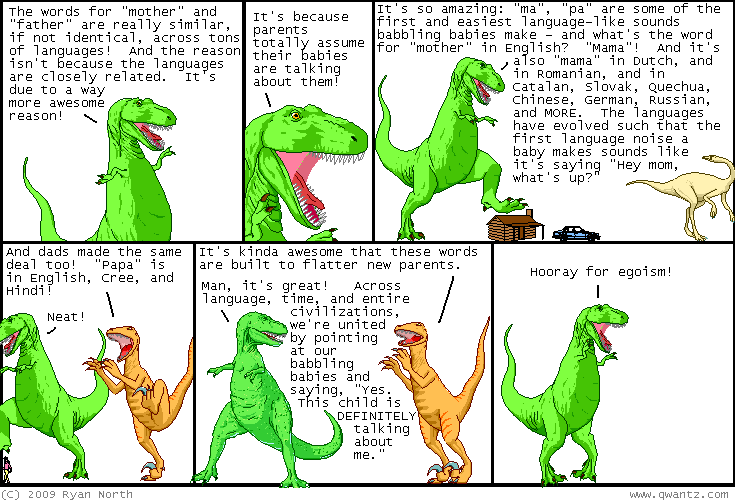Reading:
Le déclin tranquille du Québec (allocution livrée hier par le député du Parti québécois François Legault, au moment d'annoncer son retrait de la vie politique)
Tales of a Female Nomad (just started this morning on the bus... and was so caught up in it I almost missed my stop!)
"Early mornings have a special energy that I like." (p. 7) A woman after my own heart; I couldn't have said it better myself.
Compressions à Radio-Canada : danger! et "Sauver Radio-Canada" (texte signé Antonine Maillet et autres francophones hors Québec dans
Le Droit d'aujourd'hui... impossible de le trouver en ligne)
"Radio-Canada, institution,
mémoire collective profondément ancrée dans l'histoire des Québécois, Acadiens, des
francophones hors Québec et des Autochtones, est à bout de souffle. À travers elle, c'est
l'épanouissement culturel et le droit à une information de qualité qui sont attaqués.
La nation québécoise, les Acadiens et les minorités francophones des provinces canadiennes ont le génie de leur langue.
Mais ils ne peuvent pas compter, doit-on le rappeler, sur la force du nombre. Sans Radio-Canada, quel réseau privé, chez nous, investirait les sommes nécessaires à la couverture internationale de l'information avec ses propres correspondants?"
[...]
"Pourquoi, Monsieur le Premier Ministre Stephen Harper, forcez-vous la mise à pied de 385 artisans du réseau public de langue française? Pourquoi 5 % de compressions de plus demandées pour le printemps prochain? Pourquoi cet acharnement à réduire les budgets dévolus à nos artistes, et maintenant à l'Office national du film, au Conseil des arts, à des programmes de recherche? Pourquoi cet acharnement contre les penseurs, les créateurs?"
(Le Devoir)
"Radio-Canada n'est pas une simple société d'État. Elle a pour mandat de refléter la diversité de notre pays. Une telle mission ne se calcule pas en dollars et n'apparaît jamais sur les listes comptables.
[...]
En termes purement financiers, Radio-Canada n'est pas rentable. Pas plus que le secteur hospitalier ou le système d'enseignement qui, autant qu'on le sache, ne rapportent pas un sou à l'État. Écoles et hôpitaux, tout comme la radio et la télévision, sont indispensables à tout état démocratique. Ce sont des services essentiels.
Tout service essentiel doit disposer des fonds nécessaires pour fonctionner de manière optimale, pour le bien des citoyens. A ce titre, nous aimerions suggérer au gouvernement de régler une fois pour toutes le sort de Radio-Canada/CBC et d'en faire un véritable diffuseur public.
Le Canada investit annuellement 33 $ par habitant dans notre société d'État, alors que la moyenne occidentale est de 80 $. C'est le montant qu'y met la France depuis qu'elle a éliminé la publicité des ondes publiques. La Suisse de son côté y consacre 154 $ et la Grande-Bretagne, 124 $. "
(Le Droit)






